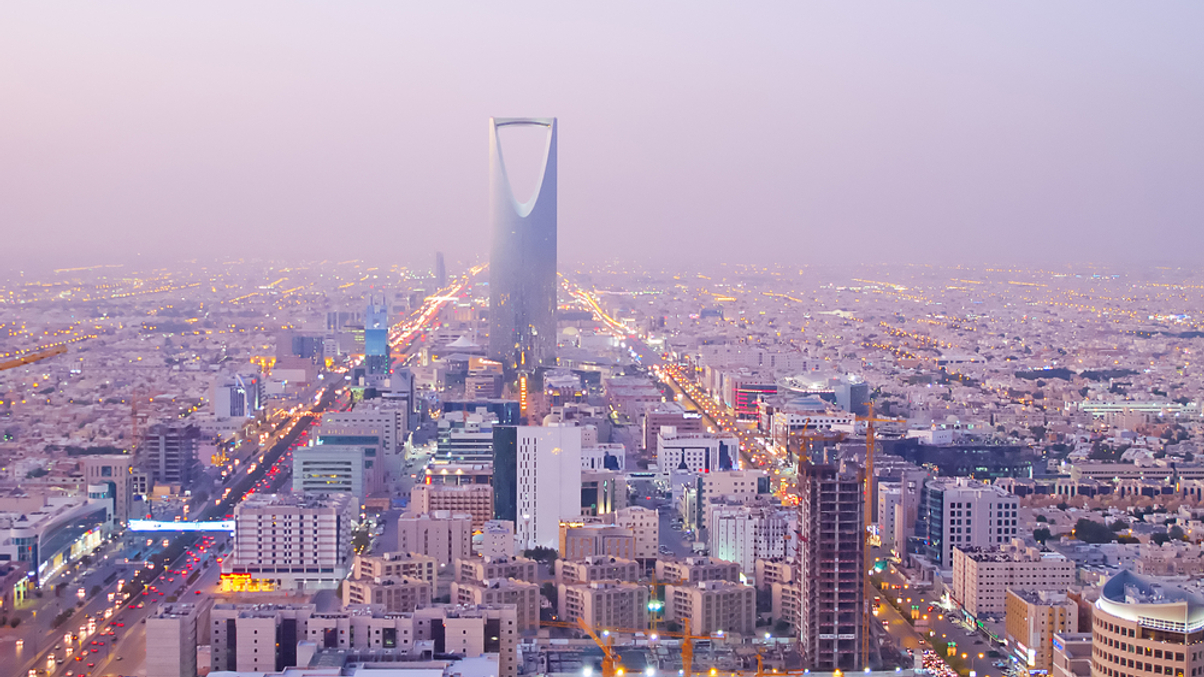Mid East IPO pipeline faces investor concern
A raft of family businesses are planning to list in the coming months in the Middle East, but they face competition for investor capital from state company IPOs and concerns about governance.

Discounts typically provided on initial public offerings of state enterprises in the Middle East and concerns about corporate governance are potential obstacles to growing issuance by private family businesses in the region, argued asset management executives.
Sign in to read on!
Registered users get 2 free articles in 30 days.
Subscribers have full unlimited access to AsianInvestor
Not signed up? New users get 2 free articles per month, plus a 7-day unlimited free trial.
¬ Haymarket Media Limited. All rights reserved.


